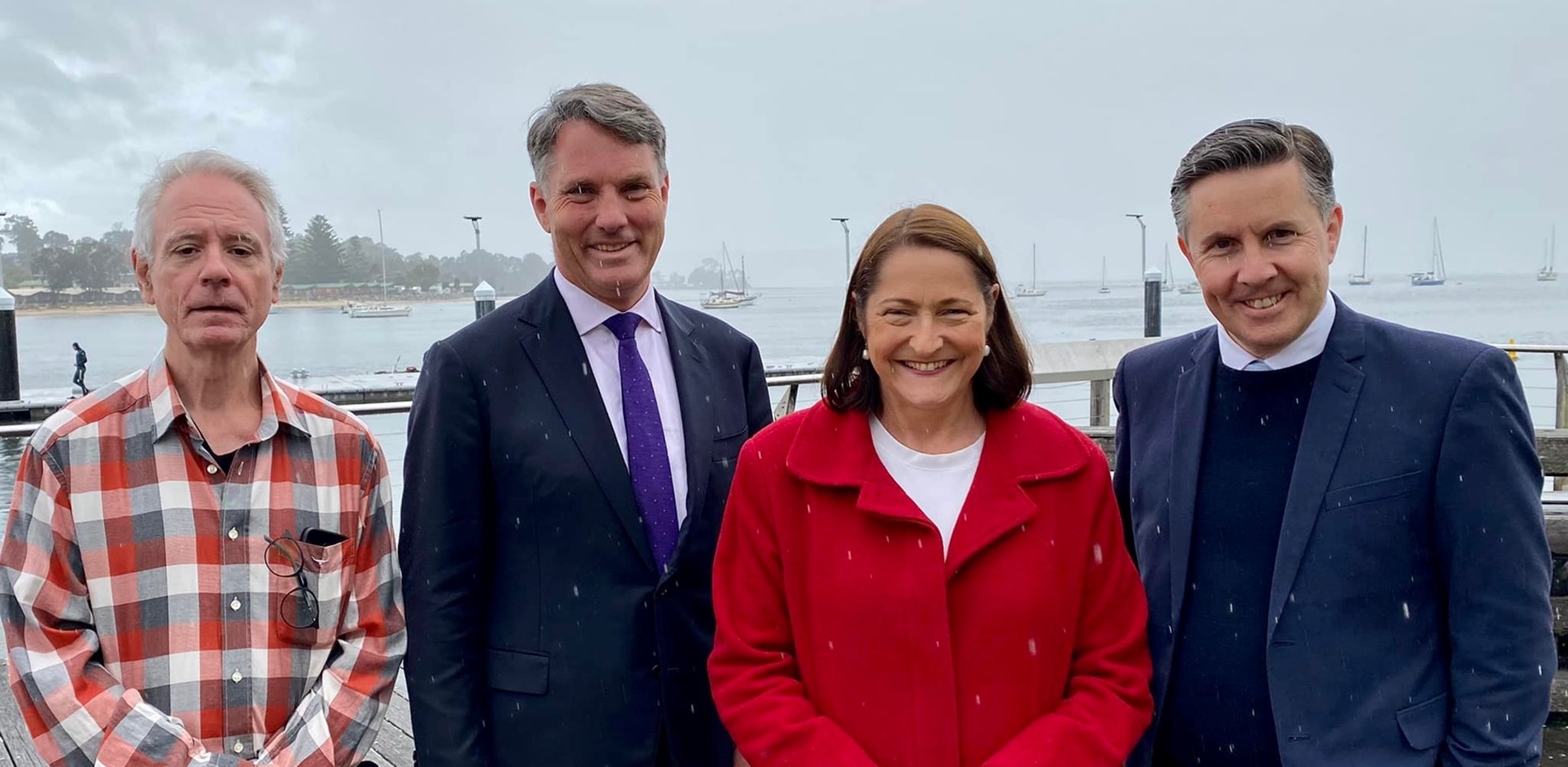Mrs PHILLIPS (Gilmore) (18:18): In my electorate of Gilmore on the New South Wales South Coast, we have been experiencing a worsening GP shortage for years. It's no secret by now that regional and rural Australia have more trouble getting and retaining GPs than our cities. Our GPs are overworked and struggling to keep up with the growing demand from COVID, a hospital system that is broken and not coping, and an ageing population that needs increasingly more time and more care.
In the Eurobodalla part of my electorate, the community have been waiting an incredibly long time for a new hospital. I have been right there with them, fighting to make sure this is a level 4 hospital that can give local people the services that they need now and into the future. What we don't want and cannot afford is a new hospital that may work for right now but isn't equipped to deal with the growing needs of our community. The current hospital system is just not fit for purpose, and we don't want just a new version of this model; we need a better one.
If you combine the GP shortage with an inadequate hospital system and an ageing population, what you get is a community whose health needs cannot possibly be met. The end result of this is twofold. Firstly, people are forced to travel to where they can get the right services. This is problematic for so many reasons: it sees increased medical costs, it sees delays in critical care and it sees patients put through harrowing ordeals just to get help. The second result is that people simply move away. I have heard this all too often from local people who want to stay, but, as they get older or their health needs become more complicated, it becomes impossible. They just can't get the help they need, so they have to live somewhere else. It isn't just those who are ageing whom this is a problem for; it is families, young people and cancer sufferers. Any time a health issue arises, this is a problem and it just isn't good enough.
The dual issues of a GP crisis and a hospital system at breaking point put each other in a negative feedback loop. The fewer GPs there are, the more people need to turn to the hospital. The more strain the hospital is under, the more people need good GPs to turn to. This is exactly why Labor has come up with the urgent care clinic model. The aim is to support our GPs while helping to take pressure off the hospital system so it can cope with the really critical cases. That's why I fought for and committed to a Medicare urgent care clinic for Batemans Bay as well as a radiotherapy centre in Moruya: because I am tired of hearing stories of local people having to seek care so far away. I'm tired of hearing from local GPs who are under too much pressure. I want to see our community getting the help they need when and where they need it.
The medical urgent care clinics will be there when someone has an urgent but not life-threatening need for care. Things like broken bones, cuts, minor burns, and wound care can all be done by GPs and nurses at the urgent care clinic. They will be bulk-billed to make sure the services are affordable and local people won't be out of pocket. Each clinic will be based on what the community needs in local GP clinics or community health centres and will provide funding support to local doctors to stay open longer, increase doctors and nurses and upgrade their equipment.
I know how critical this infrastructure is for the South Coast, but I also know it isn't enough. I'm committed to doing everything I can to support local health workers to provide high-quality services without sending them to breaking point. One policy alone is not going to solve the health crisis facing regional communities. There is a lot that still needs to be done, and I know lots of local people working in these fields have fantastic ideas to share. Recently I met with our Primary Health Network and local doctors to talk about the health challenges facing the South Coast community. I plan to continue these discussions so I can feed that knowledge back to the minister. There's no one-size-fits-all when it comes to regional health, so I'm excited to keep working with our community so we can get the mix right for us all.



